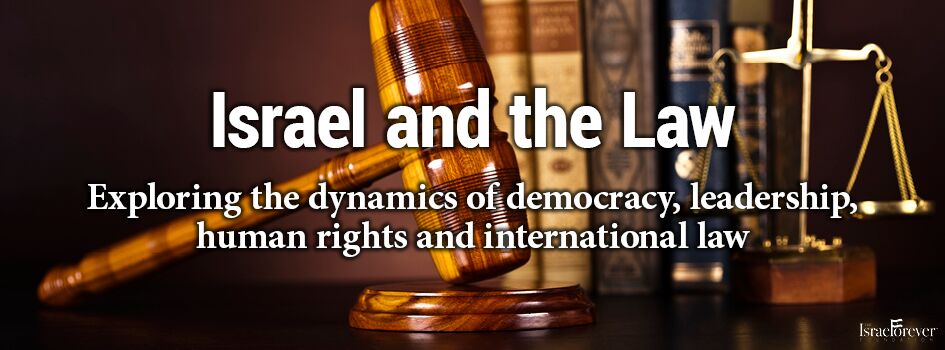ISRAEL’S ELECTIONS MADE EASY
When Israelis go to the polls, they’ll be picking a party, not a prime minister. So how exactly will Israel’s next leader get into office?
The Israeli elections determine the composition of the new Knesset and of the government to be established based on these results. Political parties submit lists of candidates to the Central Elections Committee. Since Israelis are voting for the parties, not the people specifically, these candidates get seats the Knesset in order of these lists (so if the party wins 3 seats, the
first 3 candidates on the list get in). In turn, these parties also submit their candidate for Prime Minister (the candidate at the top of their list) to the current President of Israel.
Israel’s parliamentary system rewards whichever party, or party leader, would be most capable of forming a sustainable ruling coalition - a process that creates a volatile mix of legislative agendas, political ambitions, expediency, and personal relationships.
This video, made by the Israeli Ministry of Foreign Affairs, offers a good overview of the Israeli election process:
Here are some helpful resources for more information on Israel’s elections and government:
- Israeli Ministry of Foreign Affairs Election FAQ: A brief overview of the election process
- Israeli Democracy - How Does it Work?: A more in-depth guide from the Israeli Ministry of Foreign Affairs to the election process, system of government, and laws
- List of Israel’s Political Parties: Wikipedia’s quick overview of the breakdown of the Knesset
- A Beginner’s Guide to Israel’s Elections: Though written about the 2015 elections as a case study, this article examines the Israeli election process in an easy-to-digest manner.




